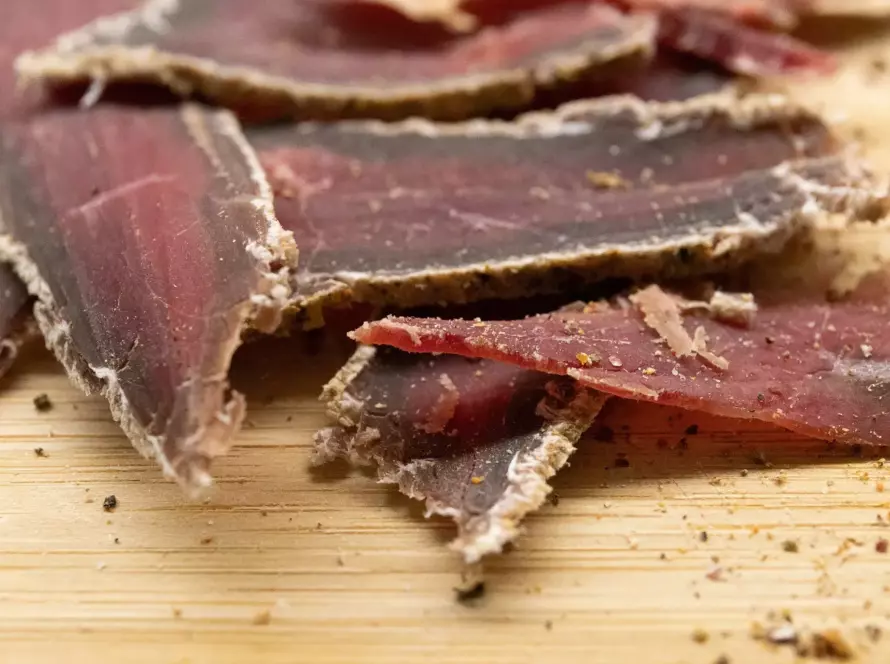Estimated reading time: 5 minutes
- Protein is an essential macronutrient that plays a vital role in our bodies. It is responsible for building and repairing tissues, producing enzymes and hormones, and providing the structure for our cells.
- Protein can be found in food sources such as meat, fish, eggs, dairy, beans, nuts, and seeds. The recommended daily intake of protein is 0.36 grams per pound of body weight. For a sedentary person, this amounts to about 56 grams of protein per day. However, active individuals may need more protein, and athletes or bodybuilders may need up to double or even 3 to 4 times that amount.
- While protein is important for everyone, it is especially critical for certain groups of people, such as those who are pregnant or breastfeeding, people recovering from surgery, and the elderly. Furthermore, it is also important for vegetarians and vegans, who may not get enough protein from their diet.
- If you think you might be protein deficient, talk to your doctor. They can order a blood test to check your protein levels and make recommendations
What Exactly is Protein?
The body is made up of millions and millions (or even billions) of cells, which all need a little help from their friends: Protein! You can find proteins in almost every part of the body, even skin tissue, including hair follicles. There are some hiding behind muscle fibres keeping us lean while others do their duty of preserving wellness through maintenance activities such as assisting with immune function.
Additionally, it makes the enzymes that power many chemical reactions and helps carry oxygen in your bloodstream. Additionally, proteins provide essential amino acids like histidine or valine, which can’t be produced internally, to keep you healthy.
How Much is Too Much… or Too Little? Does Quality Matter?
We all have different individual needs when it comes to protein. For example, as we age our bodies require more of the nutrient than before because there are fewer cells in total and they’re trying harder each day so you can achieve better results with your workouts if that is what YOU want! Regardless, most people still need some form or another for their daily intake even at older ages – especially athletes who train intensely throughout the week, without stopping often enough between intense sessions, where recovery time becomes key (think Crossfit).
Muscle mass is important for strength and health. The right amount of protein can help you build muscle, but it’s also crucial that we make sure our bodies are getting the best quality possible to avoid any negative side effects from bad foods or supplements! Essential amino acids will keep your muscles healthy while non-essential ones may not do anything beneficial if ingested at all. Consequently, don’t waste time eating junk food when there’s a better choice out there just waiting nearby 😉
Amino Acids. Amino What? Aren’t Acids Bad?
The body is always striving for balance. It’s important to have a positive net protein balance, which means you’re maintaining and building muscle mass. You must also make sure that you top up all of your essential amino acids with enough nutrients. The reason for doing this is to stimulate growth hormones like human IGF-1 (or HGH). This will help keep those gains coming!
Now that you know the real secret to building muscle is in eating protein, let’s talk about where it’s found. Protein-rich foods like meat and dairy offer all nine essential amino acids for your muscle-building needs! Some plant-based sources with complete profiles are:
- soybeans and products made out of soybeans like tofu, tempeh and soy milk;
- amaranth seeds (a kind of grain);
- buckwheat leafy greens such as kale or collards;
- quinoa grains themselves—not just legumes inaccurately called “rice” among other things;
- hemp seeds;
- chia seeds;
While there are some foods that contain all 9 amino acids, such as eggs and milk proteins like Greek yoghurt or cheese; most people need to eat a variety of different nutrients in order for their bodies to get what they crave. A quick search on Google will show you how many grams each food contains.
The Clock is Always Running
Timing is important and there are multiple schools of thought on whether you should eat many small meals or a few big meals. Regardless of your view on this or which camp you agree with, most experts agree that consuming balanced amounts of protein, spread out across your meals or snacks is beneficial.
The human body is like a furnace. To keep it burning hot, you have to fuel the fire with quality protein and be consistent in your intake so that doesn’t change too much from day-to date! Eating high enough levels of this essential amino acid throughout each meal will help build muscle more effectively. There is no point shoving big logs onto a fire that is almost burnt out…
Most Protein Sources Have “Strings” Attached
Protein tends to be “packaged” in foods with other ingredients too. It doesn’t come in pure form, well not in natural foods anyway. Conversely, protein powder is as close as you will get (whey isolate or concentrate) but this is a fallacy too as there are always flavourings or “mixers” to consider (else they would be extremely boring).
Looking at the table below, you’ll see that some foods are high in protein but low in fat or sodium. This means they might be nutritious options for people who need more healthy nutrients without weighing themselves down with extra calories from excess fats and salt!

The Takeaway (Not the Local Chippy Kind of Takeaway)
So you’re thinking, “How can I make sure that my body stays in protein balance?” The answer is simple! You need a variety of foods with rich sources of essential amino acids. There’s no one-size fits all type when it comes to what will work best for everyone depending on their unique needs because everyones’ genetic coding slightly differs from each other. As a consequence, this means they require different amounts too, so don’t worry about hitting those numbers just yet. Instead, focus on having many types throughout the day including breakfast items like eggs or oatmeal alongside other lunch options such as brown rice cakes followed by dinner, which could include something like ground beef Macaroni & Cheese!
Leave a comment below and let us know your thoughts on Proteins!




